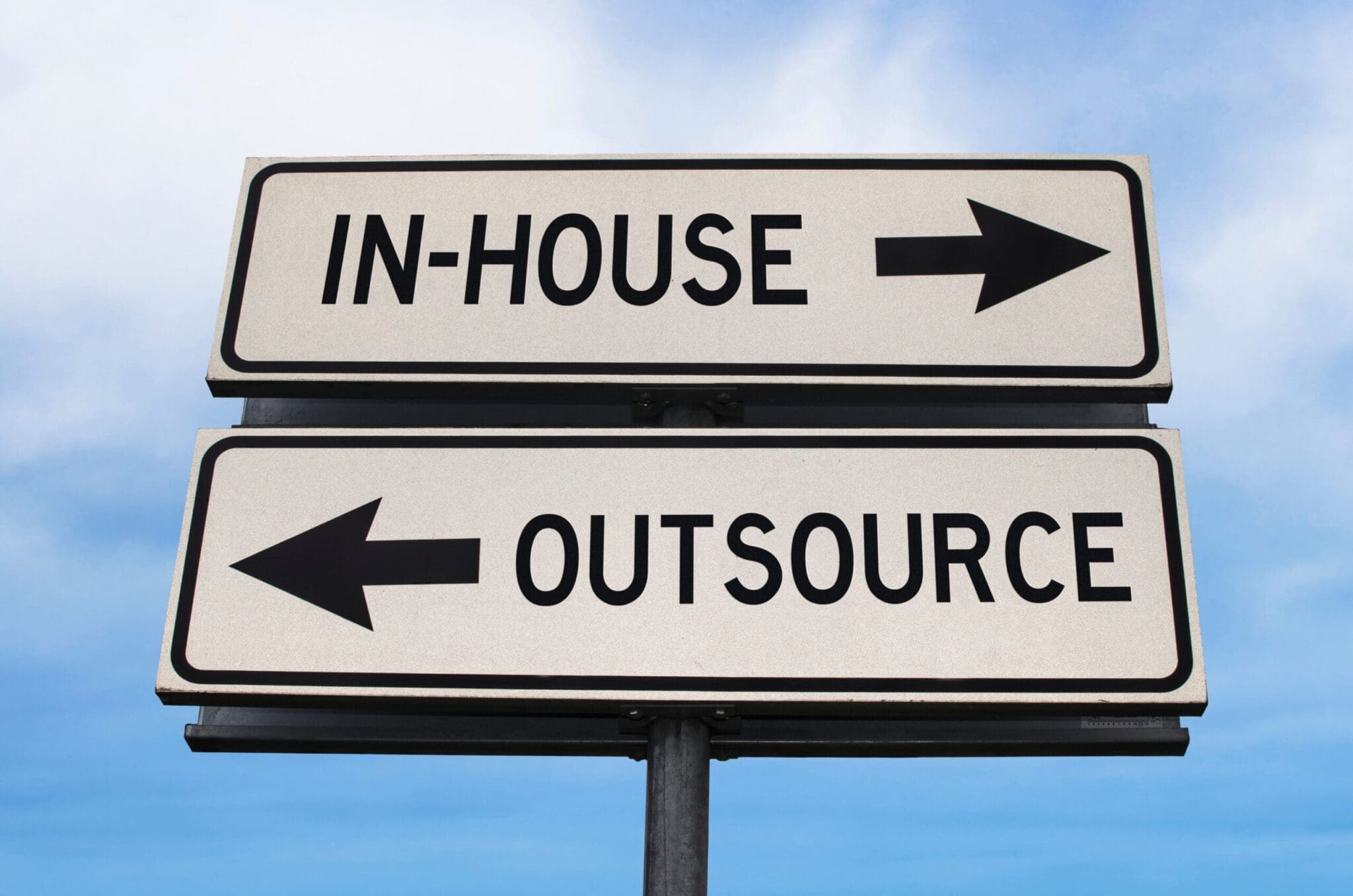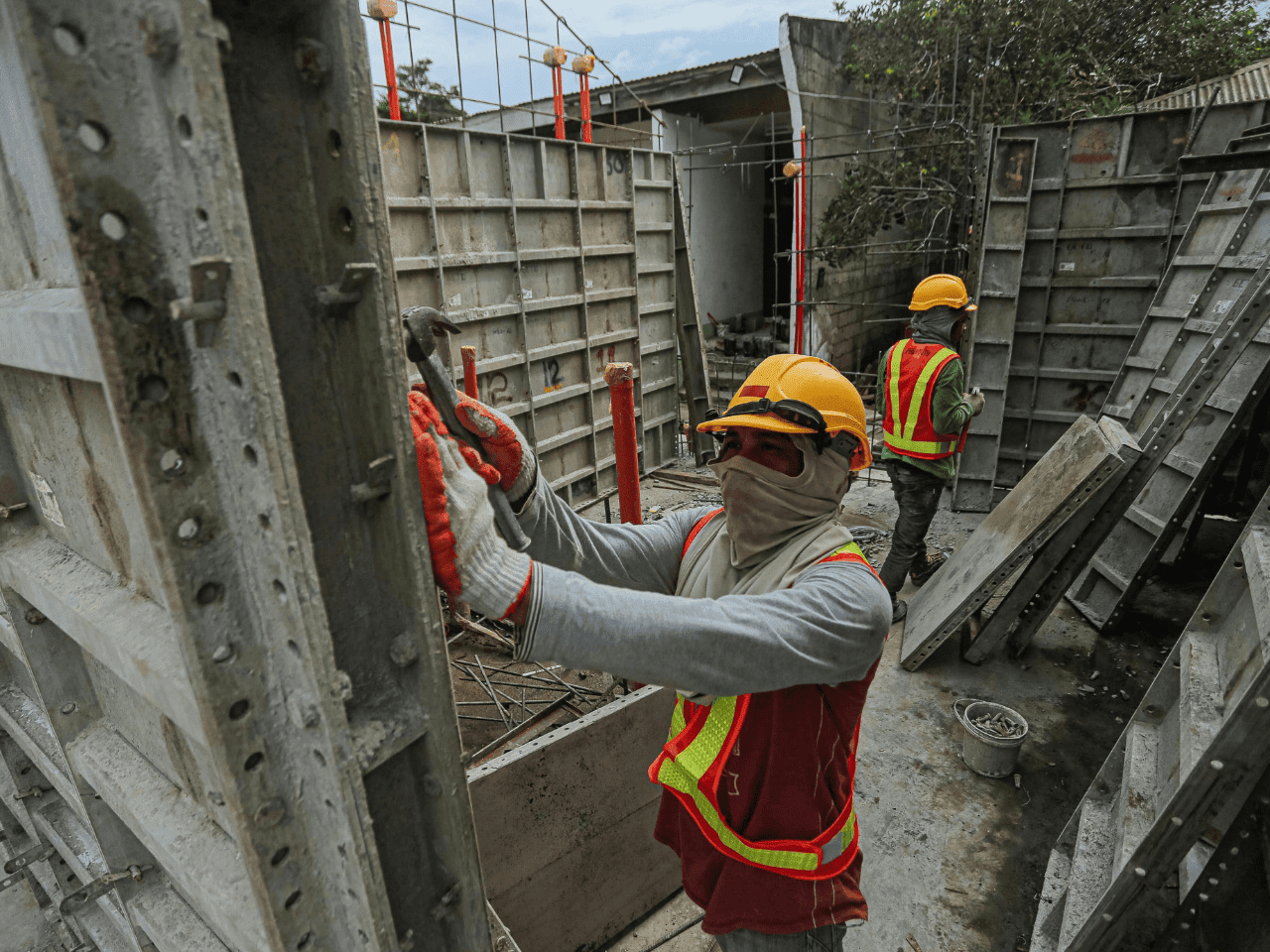When Australia strengthened its national response to modern slavery through the Office of the Australian Anti-Slavery Commissioner’s Strategic Plan 2025–2028, it was sending a clear signal to the Australian business community. As a consequence, Australian businesses are now expected to play a more active role in ensuring ethical employment and transparency across their supply chains. The plan outlines the need for stronger due diligence, survivor-centred systems, and greater accountability across corporate and government supply networks. For organisations in higher-risk industries or those managing complex global operations, this is a call to move from more passive roles to taking steps that will create measurable impact.
The Evolving Landscape of Modern Slavery in Australia
Modern slavery remains a significant challenge both domestically and across global supply chains. The Australian Institute of Criminology estimates that between 1,300 and 1,900 people were living in modern slavery in Australia between 2015 and 2017, while the Global Slavery Index (2021) puts the number closer to 41,000. Two-thirds of the world’s forced labour cases occur in the Asia-Pacific region, where many Australian companies source goods and materials.
Risks of modern slavery in the supply chain are heightened where suppliers operate or procure from countries lacking labour rights and protections, or where state-sanctioned forced labour exists. In a globalised economy with multiple layers of suppliers and subcontractors, many entities still do not have clear visibility of where modern slavery risks exist within their supply chain.
The Strategic Plan highlights that low visibility and fragmented oversight continue to limit progress. Strengthening corporate due diligence and enhancing collaboration between the public and private sectors are critical to achieving meaningful change.
How the Achilles Ethical Business Programme Supports Australian Companies
Launched in 2016 under the Labour Practice Audit scheme and expanded in 2018 following the UK’s early adoption of modern slavery legislation, the Achilles Ethical Business Programme has helped organisations identify, prevent and address unethical labour practices across their supply chains. Built on Achilles’ 30-year commitment to transparency and collaboration, the programme enables businesses to comply with Australian Modern Slavery legislation, Australian Sustainability Reporting Standards (ASRS) and align with international frameworks such as ISO 20400 and the UN Guiding Principles on Business and Human Rights.
The programme’s strength lies in its dual methodology that combines detailed on-site Ethical Site Surveys with comprehensive management system audits. This approach delivers both localised visibility at the worksite and strategic insight at the corporate level.
- Ethical Site Surveys provide direct verification of working and living conditions, particularly in complex environments with multiple contractors or agency workers. This proactive, “boots-on-the-ground” engagement helps identify potential exploitation early and enables clients to act swiftly.
- Management System Audits, such as the Ethical Business Audit, review supplier policies, training, and recordkeeping to ensure stated commitments align with actual workplace practices. These audits foster collaboration and guide suppliers on how to close identified gaps through structured improvement plans.
Using data analytics and performance insights, Achilles equips companies with actionable intelligence to adopt a risk-based approach to due diligence. Clients can track corrective actions, monitor improvement trends, and ensure that remediation measures are both timely and effective.
Our Ethical Business Impact Report 2025 shares site survey findings from organisations across the UK and Europe, showing how the programme is being used to strengthen due diligence and embed ethical practices across supply chains. The insights demonstrate practical steps businesses have taken to improve oversight, raise labour standards and increase transparency. These approaches offer a useful reference point for Australian organisations looking to take similar action as expectations and reporting requirements grow. Recently, a leading Australian property developer worked with Achilles to strengthen oversight across two major projects, where Ethical Business Audits were carried out on both an active construction site and a principal contractor.
From Compliance to Collaboration
The Commissioner’s Plan calls for stronger collaboration as a cornerstone of Australia’s anti-slavery response. Achilles’ partnerships with clients embody this principle. Data gathered through the Ethical Business Programme is shared not only with participating organisations but also with civil society and enforcement agencies. This includes cooperation with the Department for Business & Trade (UK Govt) , the University of Nottingham, Unseen, and Independent Anti-Slavery Commissioners in both the UK and Australia.
Through these partnerships, Achilles and its clients contribute to an ecosystem of shared data and collective learning. Insights from the programme help organisations to refine induction processes, improve worker training, and enhance risk detection within high-risk sectors like construction, energy, manufacturing, and facilities management.
Global Reach with Local Impact
Managing ethical sourcing across multiple geographies requires both scale and cultural understanding. With a team of over 200 auditors located across South America, Eastern Europe, Southern Asia, and the Asia Pacific, Achilles supports clients wherever their suppliers operate. Audits conducted across these regions have uncovered serious issues such as forced labour, unsafe conditions, and lack of worker protections. These findings enable clients to implement remediation plans and monitor progress effectively.
The Ethical Sourcing Audit, developed in collaboration with the civil society organisation Verité, extends this framework globally. The audit includes three key components: a management system review, a site and accommodation inspection, and confidential worker interviews. This approach ensures that workers’ voices are heard and that findings are backed by credible, independent evidence.
Aligning Corporate Practice with National Priorities
The Strategic Plan 2025–2028 emphasises that businesses must build fair, safe, and dignified working conditions across their supply chains. Achilles helps companies translate this vision into measurable outcomes by enabling them to:
- Identify and mitigate risks of modern slavery and exploitation.
- Comply with evolving Australian and international regulations.
- Monitor and demonstrate continuous improvement through data-backed audit results.
- Engage suppliers to enhance their policies, governance, and capacity for ethical operations.
Through Achilles Analytics and Achilles’ Non-Conformance Module, clients receive real-time updates on audit performance and remediation progress. This visibility supports credible modern slavery disclosures and reinforces investor and consumer trust.
Next Steps
Modern slavery cannot be addressed in isolation. The Commissioner’s vision for the next three years highlights that only through partnership between business, government, and civil society can Australia achieve a measurable reduction in exploitation.
The Achilles Ethical Business Programme empowers organisations to turn this vision into practice. By combining data-driven insight with field-level verification, the programme helps Australian companies move beyond compliance and lead by example in creating transparent and humane supply chains.
Together, these actions contribute to a stronger national response and a future where transparency, fairness, and respect for human rights are embedded in every link of the supply chain. Contact us today to know more.
Frequently Asked Questions on Modern Slavery in Australia
What constitutes modern slavery in Australia?
Modern slavery covers several severe forms of exploitation under Australian law. Common examples include forced labour, where people are made to work under threats or unsafe conditions; debt bondage, where individuals are trapped working to repay unfair or manipulated debts; domestic servitude, where people are forced to work in private homes with little freedom; and child labour, where children are used for work or services that compromise their wellbeing. These practices can occur in many settings and often remain hidden.
Why is modern slavery hard to detect in Australia?
It is often hidden in private or isolated work environments. Low awareness, language barriers, fear of job or visa loss and limited frontline detection all contribute to under-reporting.
What is the estimated scale of modern slavery in Australia?
Modern slavery in Australia is far more widespread than official reporting suggests. Research shows that between 1,300 and 1,900 people were living in modern slavery between 2015 and 2017, while the Global Slavery Index estimates the number may be closer to 41,000 people in 2021. Yet only 382 cases were reported to the Australian Federal Police in 2023–24. According to the Australian Institute of Criminology, for every one victim identified, four remain undetected. This gap reflects how hidden these crimes are and reinforces the need for stronger reporting systems and greater community awareness.
Which sectors are most vulnerable to modern slavery risks in Australia?
Risks are higher in agriculture, construction, manufacturing, hospitality and facilities services. Industries that rely on temporary migrant workers or international suppliers also face increased exposure due to weak labour protections in source countries.
What steps should Australian businesses take to protect workers and align with the Australian Anti-Slavery Commissioners Strategic Plan?
Australian businesses can begin by taking a risk-based approach aligned with OECD due diligence recommendations. This includes mapping risks deeper across supply chains, enhancing supplier assessments, and improving worker safeguards such as grievance mechanisms and fair recruitment practices. Clear and consistent reporting, greater transparency, and collaboration with industry partners will also support alignment. Preparing early for evolving regulatory reforms will further strengthen readiness.
How will the Australian Anti-Slavery Commissioners Strategic Plan help reduce modern slavery risks?
The Plan strengthens laws, improves survivor support, expands data and detection systems and coordinates action across government and business. It provides a clearer national direction for preventing exploitation.
What is the difference between modern slavery and worker exploitation?
Modern slavery involves serious loss of freedom, where people are controlled, threatened or unable to leave their situation. Worker exploitation sits earlier on the risk spectrum and may involve unfair wages, unsafe conditions or excessive working hours, but does not always meet the legal threshold of modern slavery.
Both require attention to prevent harm and stop issues from escalating. Achilles supports organisations through its Ethical Business Programme by helping them assess labour practices, strengthen supplier oversight and identify risks early. This gives businesses clearer visibility and the ability to respond before challenges become serious.


